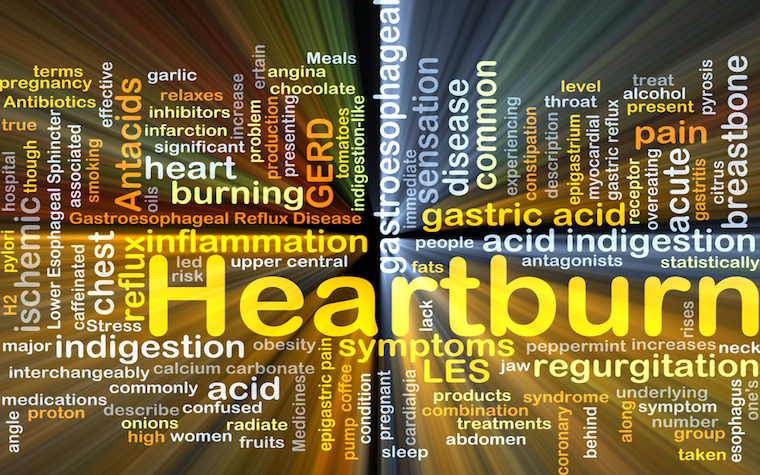
When Danish scientists discovered that certain research subjects experienced a higher incidence of ischemic stroke following endoscopies, they determined that risk increases when taking proton pump inhibitors (PPIs), commonly used to treat heartburn.
Preliminary results of the study involving 244,679 Danish patients with an average age of 57 were offered at the American Heart Association’s recent Scientific Sessions 2016. Ischemic stroke is the most frequent kind of stroke and is caused by blood clots impeding circulation to or in the brain.
“PPIs have been associated with unhealthy vascular function, including heart attacks, kidney disease and dementia,” Dr. Thomas Sehested, study lead author and researcher at the Danish Heart Foundation in Copenhagen, said. “We wanted to see if PPIs also posed a risk for ischemic stroke, especially given their increasing use in the general population.”
The researchers found that patients taking a PPI were at a 21 percent increased overall risk of stroke, with little if any increase at the lowest doses and increases of 30 percent and 94 percent, respectively, for lansoprazole (Prevacid) and pantoprazole (Protonix).
Conversely, no increased risk was connected to H2 blockers — a different group of acid-minimizing medications including famotidine (Pepcid) and ranitidine (Zantac).
Although the study bore certain limitations, its authors suggested more cautious usage of PPIs, which are widely available over the counter in the U.S.
“At one time, PPIs were thought to be safe, without major side effects,” Sehested said. “This study further questions the cardiovascular safety of these drugs.”